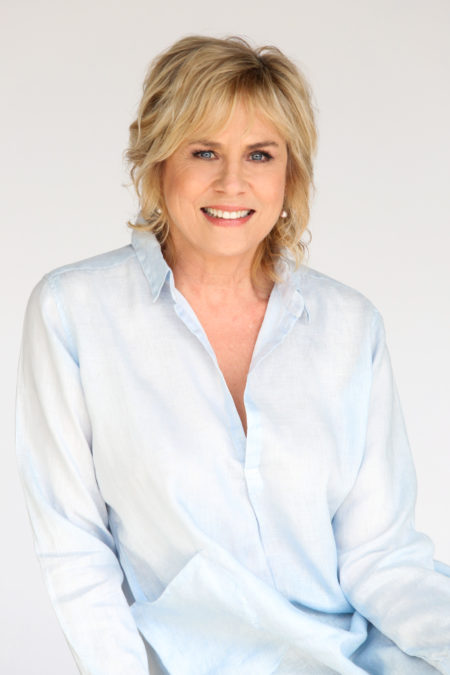MY WEEKLY BLOG
ASKING FOR HELP
I never learned to ask for help. At age 14, I left home and moved to Washington D.C. to pursue a ballet career. I’d won a scholarship to attend the Washington School of Ballet, the first of its kind in the United States that offered dance training and schooling under the same roof. I wasn’t pressured to go, it was entirely my choice, because I wanted to be a professional ballet dancer no matter what it took to get there.
My parents helped me follow my dream. They drove me to D. C. in September, 1963, and moved me into a cell-like room in a makeshift dorm, McClean Gardens, where I would live for the school year. I wanted my mother to stay with me for a week to settle me in, but it seemed she was uncomfortable being without my father and they left together. I remember waving good-bye to my parents and sitting on my bed, staring at a goldfish that my father had bought to keep me company. That was how I felt, like a small fish swimming
around in deep water. A so-called dorm mother who didn’t sleep on site came over once in a while to look in on me and the other resident girls who were from out of state, but we hardly ever saw her. There were many nights that I cried myself to sleep, aware that I had to fend for myself. I was afraid to tell anyone I needed help so I was the only one I could count on. I remember drying my tears and going to breakfast. I thought everyone else was adjusting better than I was, but now I’m sure we were all going through the same upsets and hiding it from each other.
Athletes take pride in their strength, stamina and search for excellence. No one can do the work for us, there is no one to ask for help, and as a young teenager, I knew I needed to be strong and self-sufficient in order to succeed. That sentiment has followed me for most of my adult life, the need to feel like I can do it myself, whatever it is. I wasn’t trained to face obstacles with someone by my side or to delegate tasks so I’ve had to reprogram myself. Being self-sufficient is hard wired in my brain – a blessing and a curse. It allows me to believe in myself and to figure out how to do difficult things, but it also makes me feel weak and unsafe when I can’t do something on my own.
I once ended a relationship with a man who could fix anything. When the refrigerator went on the blink, I mustered all of my strength to heave it away from the wall. I unplugged it and plugged it back in.
No juice. I called a girlfriend in tears. “I pulled the damn thing away from the wall, reset it and it still won’t go. What am I gonna do?”
“Do what the rest of us do,” she said. “Call someone to fix it.” That hadn’t occurred to me.
I have a friend who can’t problem solve because she never
learned to use her brain. I have another friend who is fully capable of opening jars with lids but she asks her husband to do it so he can feel macho and useful. Neither of these are good role models for me, but pulling out a refrigerator single-handed isn’t so great either. These days, I’m taking the middle path: Do what I can and call someone when I can’t.
Childhood beliefs, especially the ones caused by trauma, are hard to change, but when they outgrow their usefulness, it’s important to recognize it. There’s more than one of us here on Planet Earth because we were each meant to bring our particular gifts to the table and join forces with people who can do the things that we can’t. It’s a perfect arrangement if we can just let go and ask for help.
Is it easy or difficult for you to ask for help?


Recent Comments